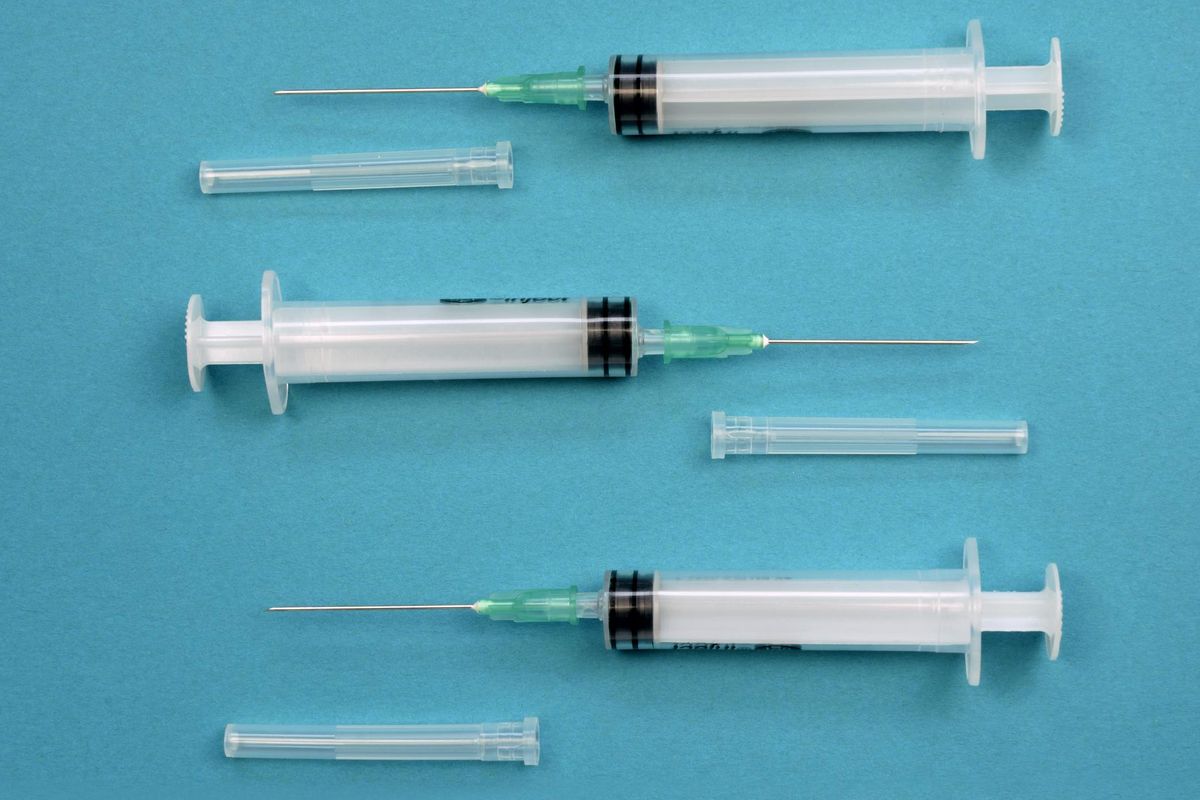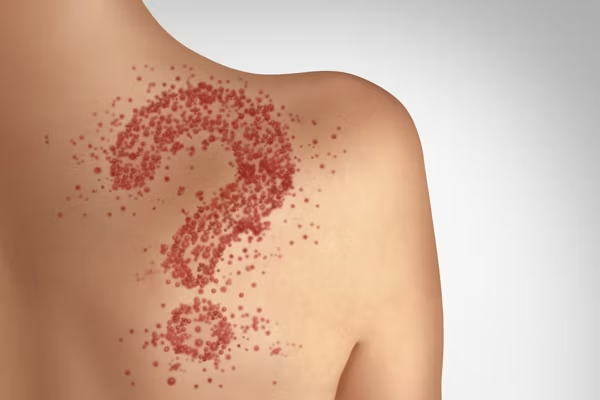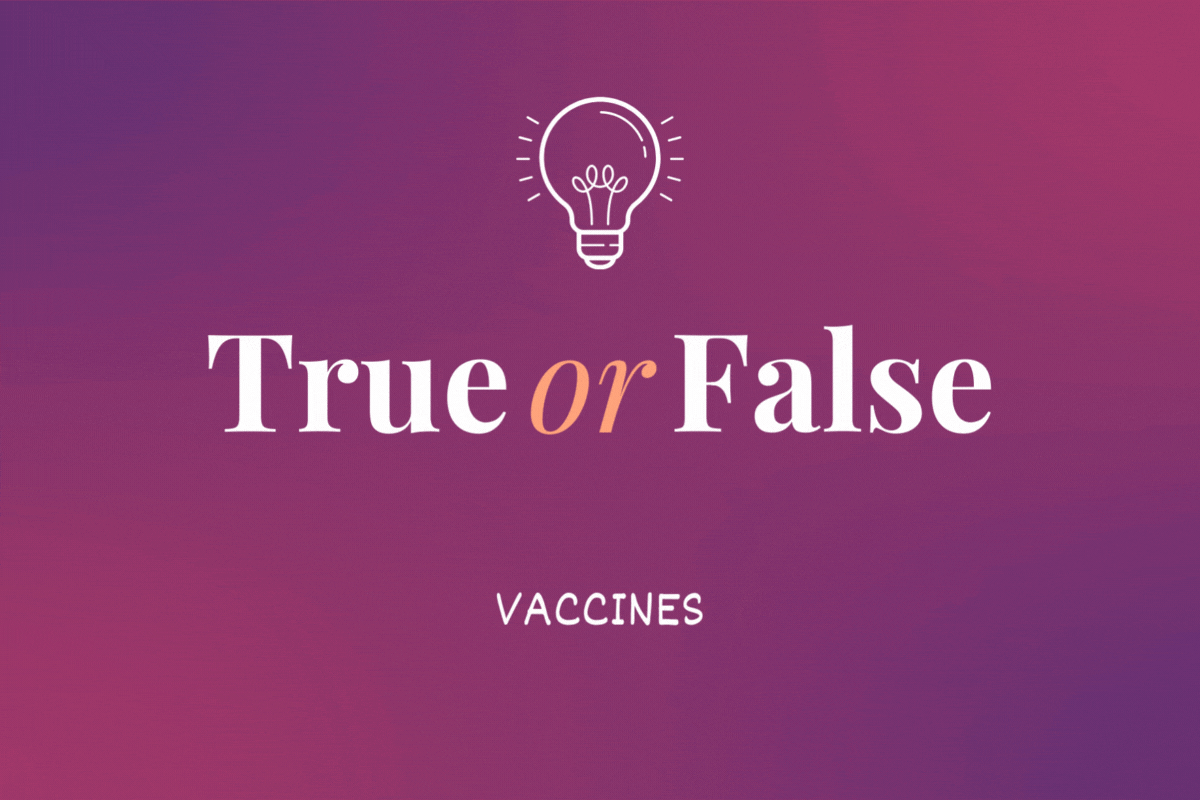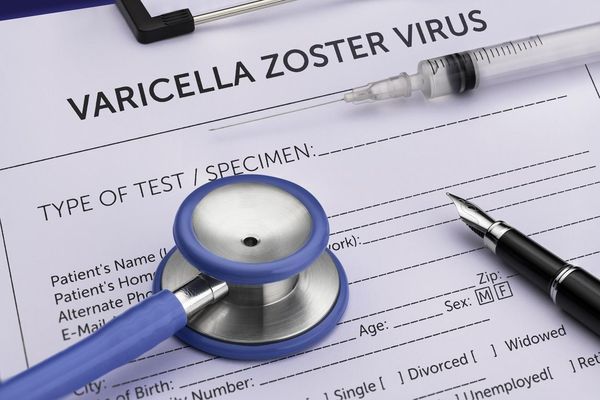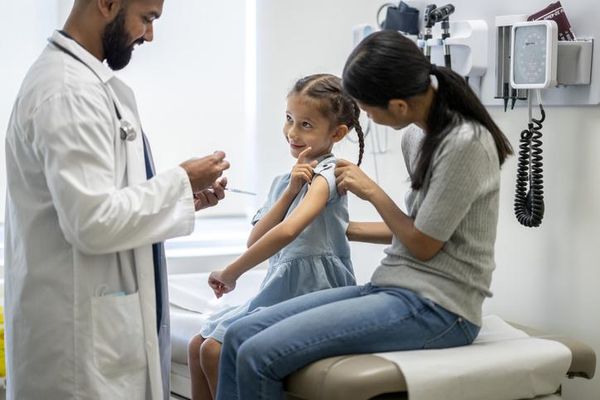As long as there have been vaccines, there have been movements against them.
In the United States, the anti-vax movement began in 1879 with the formation of the Anti-Vaccination Society of America in response to a law requiring smallpox vaccination. The movement continued with public outcry against the diphtheria, tetanus and pertussis (DTP) vaccine and measles, mumps and rubella (MMR) vaccine.
More recently, the anti-vax movement got attention for spreading the claim that a preservative called thimerosal used in some vaccines could cause autism. In 2007, a campaign was spearheaded by celebrity Jenny McCarthy to "Green Our Vaccines" by removing allegedly toxic preservatives from them.
Although the claim that thimerosal causes autism has been shown to be completely false — and thimerosal is no longer used in most vaccines for children — the claim is still believed by many people.
While it may be a famous one, the "Green Our Vaccines" campaign isn't the only example of people who are opposed to vaccines promoting information that isn't rooted in science. Here are six common questions vaccine-hesitant people may be asking.
Is there a link between vaccines and autism?
The link between vaccines and autism was first suggested by British surgeon Andrew Wakefield, who published his findings in a 1997 issue of the renowned medical journal The Lancet.
In spite of the fact that Wakefield's paper was discredited, causing a retraction from The Lancet and the loss of his medical license, some people continue to point to his findings.
However, many later studies have found that this simply isn't true. No research exists showing that vaccines increase the risk of developing autism.
Is the recommended vaccine schedule dangerous to my children?
"This is the most common misconception we encounter in our vaccine program," said Cheryl Johnson, a public health nurse in Madison, Wisconsin. Parents worry that the recommended immunization schedule is dangerous because it includes too many vaccines.
Johnson understands that the number of vaccines suggested can seem like a lot and that parents want to protect their children.
"I reassure parents that the development of vaccine schedules is based on a large body of research," she said. "There is constant review of evidence, adverse events and epidemiology by a panel of experts, the Advisory Committee on Immunization Practices, which is composed of medical and public health experts."
Isn't it better to build immunity by getting sick?
Some who are vaccine-hesitant point to a time before vaccines for measles and chickenpox, when many kids who got the diseases then became immune to them. While it's true that getting a disease sometimes results in stronger immunity than the kind you get from a vaccine, the risk of serious illness far outweighs any danger posed by vaccination.
For example, say you decided to build natural immunity against measles by getting the disease instead of the MMR vaccine. You'd be setting yourself up for a one in 500 chance of dying from measles, compared to a less than one in a million chance of having a severe allergic reaction to the MMR vaccine. As for chickenpox, it's estimated that the vaccine prevents 3.5 million cases, 9,000 hospitalizations and 100 deaths a year.
Even a mild infection can cause you to miss work or make it hard for you to live your normal life. Illness also puts a strain on the healthcare system, as we're seeing now with the COVID-19 pandemic.
Can a vaccine cause the Illness it's meant to prevent?
Because vaccines may cause mild side effects like tiredness, a sore arm, headaches or a low fever, people sometimes think the vaccine has made them sick. They might worry the flu shot has given them the flu, for example.
In reality, these side effects are a sign that the vaccine is working — your immune system is protecting you from the disease.
Are vaccination programs part of a larger conspiracy?
Vaccines are solely intended to stop the spread of disease and prevent people from getting sick. When the COVID-19 vaccine was still being developed, a video
falsely claiming that the vaccine would contain a microchip designed to track the people who got it was widely shared on social media.
This false conspiracy theory gained so much traction that a poll conducted in May 2020 by Yahoo News/YouGov found 28% of adults in the United States believed Microsoft founder and philanthropist Bill Gates was plotting to use the COVID-19 vaccine to implant tracking devices in people who got the shot. Gates himself felt the need to publicly deny the false theory. The COVID-19 vaccine does not contain a microchip or tracking device.
Do vaccines really work?
Another widespread and false belief about vaccines is that they don't work. It's true that no vaccine is 100% effective, and some work better than others. This is why you can still get the flu (influenza) even after you've gotten a flu shot. The influenza vaccine is generally between 40% and 60% percent effective at preventing the flu, although people who do get sick will probably have a milder case than those who didn't get the flu shot.
Many other vaccines, however, work very well. The MMR vaccine is 97% effective at preventing measles, for example, and the polio vaccine prevents 99% of polio cases. The COVID-19 mRNA vaccines are between 94% and 95% effective. And when enough people in a population are vaccinated against a virus like COVID-19, that population achieves herd immunity. Herd immunity means a virus can no longer spread in a community because enough people are immune to it, either through vaccination or getting the illness.
Wielding compassion, not judgment
Information and compassion are powerful tools in correcting myths and starting conversations about vaccines. "The most important role I have as a public health nurse is to make sure vaccine-hesitant parents or adults have the opportunity to be heard," Johnson said.
"Most people are trying to make their best decisions to protect themselves and their families, and coming from that understanding allows the compassion and empathy to approach them openly instead of from a place of defensiveness."
This resource was created with support from Pfizer and Merck.
- Wondering if the Covid-19 Vaccine Is Safe for Your Child? ›
- Get the Facts: What You Need To Know About Vaccines ›
- Common Concerns About Vaccines ›
- Keeping Little Ones Safe: Key Health & Safety Tips ›
- What is Herd Immunity? - HealthyWomen ›
- COVID-19 Vaccine Side Effects Are Rare - HealthyWomen ›
- Did You Get a Polio Vaccine as a Child? - HealthyWomen ›
- Facts About Measles - HealthyWomen ›
- 3 Reasons to Get the Flu Shot - HealthyWomen ›

